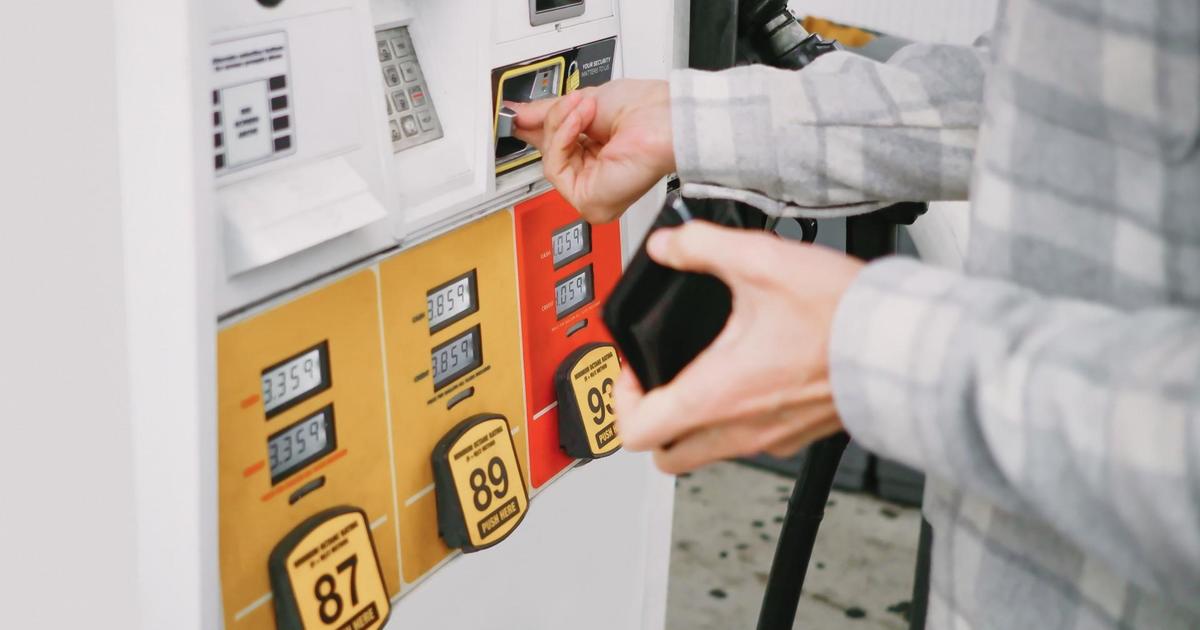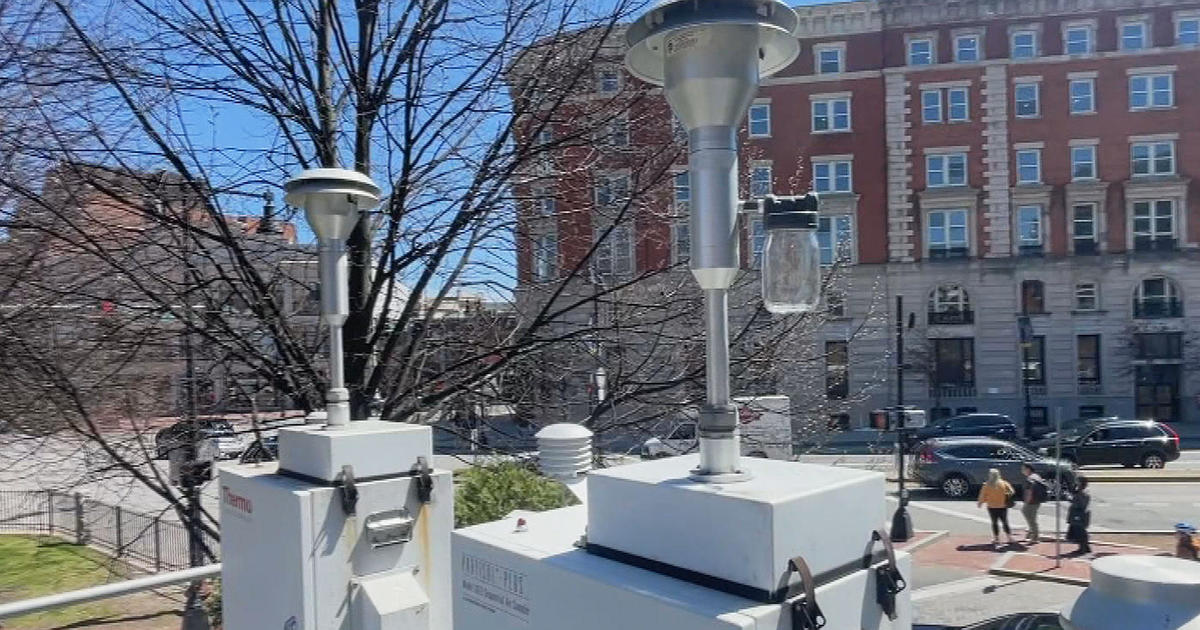Voters To Weigh Cost Of Restrictive Cages For Farm Animals
BOSTON (AP) — When voters head to the polls in November, supporters of a pro-farm animal ballot question want them to have one question in their minds: What would it feel like to spend their entire lives without enough room to stand up, turn around, stretch their arms and legs and lay down again.
Opponents hope voters will have their eyes on their wallets instead, arguing that approving the ballot question will drive up the costs of eggs and meat.
The proposal — Question 3 on the ballot — is aimed at improving the living conditions of farm animals, not just in Massachusetts but at any farm that wants to sell eggs and meat in the state.
The question would "prohibit any farm from knowingly confining any breeding pig, calf raised for veal, or egg-laying hen in a way that prevents the animal from laying down, standing up, fully extending its limbs or turning around freely."
Framers of the question have their sights set far beyond Massachusetts, where only one egg-producing farm could be affected if the proposal becomes law.
The question would also bar businesses in Massachusetts from selling any eggs or meat produced under those confining conditions — even if the hens, calves or pig were kept outside of the state.
Supporters say everyone should show concern for farm animals.
"Whether you're a vegetarian, or a meat-eater, or anything in between, everybody should be able to agree that a baby veal calf, a mother pig, an egg-laying hen ought to be able to stand up, lie down, turn around and extend their limbs," said Paul Shapiro, of the Humane Society of the United States, the largest contributor to the ballot question. "We wouldn't allow that type of cruelty for a dog or a cat."
Shapiro made the comments during a debate Tuesday sponsored by WBUR-FM and The Boston Globe.
Some major companies including Wal-Mart and McDonalds have already said they plan to make the switch to cage-free eggs.
But Bill Bell, of the New England Brown Egg Council, said even supporters have acknowledged that the question could drive up the cost of eggs — although supporters and opponents differ on how big an increase.
"If you believe that eggs should be produced in a cage-free environment, you can buy those eggs right now," Bell said during the debate. "This is America and the marketplace responds."
Bell urged voters to reject the question, saying it will have unforeseen consequences.
"To begin with, it will increase the price of food substantially for everyone, including especially those least able to afford it," he said, adding that farmers care about the well-being of their hens, if only because happier hens produce better.
If approved, the ballot question wouldn't fully take effect until 2022, giving farms times to adapt to the new rules.
While both sides passionately defend their views, so far only backers of the question have been raising money to make their case to the public.
Bakers of the question have reported raising $1.7 million so far in direct contributions and another $545,000 in in-kind contributions, like donated staff times.
The state's most recent campaign finance deadline passed this week without any opposition group filing a fundraising report with the Office of Campaign and Political Finance.
The single biggest source of funding for Citizens for Farm Animal Protection — the group pushing the ballot question — has come from the Maryland-based Humane Society of The United States, which has contributed more than $1.5 million in direct and in-kind contributions.
Copyright 2016 The Associated Press. All rights reserved. This material may not be published, broadcast, rewritten or redistributed.



